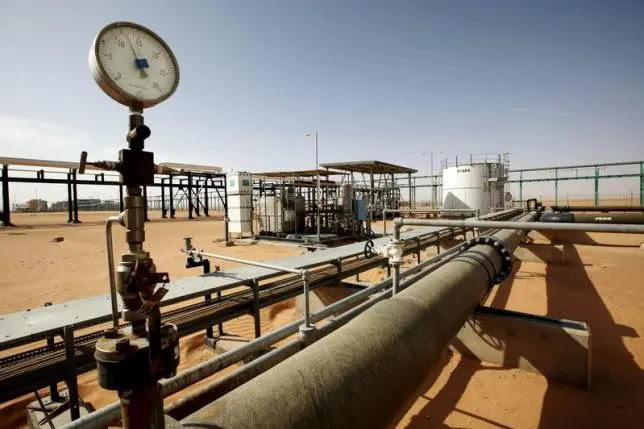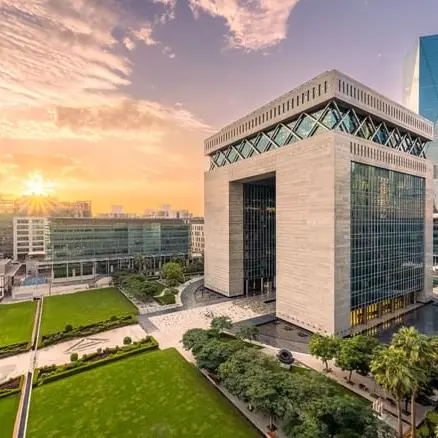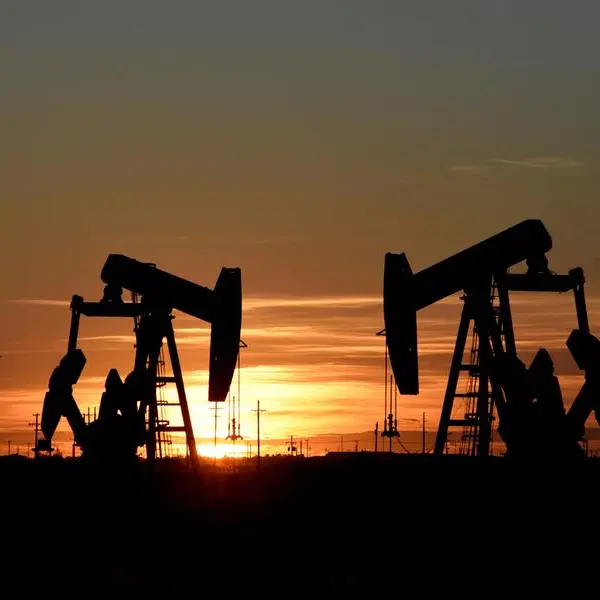PHOTO
If all goes well for war-torn Libya, sometime in the next few days the oil tanker Delta Hellas will load 1 million barrels of oil from the eastern terminal port of Hariga and head off toward the Suez Canal en route to China with its cargo, worth about $42 million.
But there are so many big ifs attached to that prospect as to make it unlikely, and more unlikely still is that the Delta Hellas will be the first of many tankers taking oil from Libya for the first time since early this year.
Even less likely — to the point where it is hardly worth the time of oil industry strategists to consider — is that a resumption of Libyan exports will upset the careful efforts of energy policymakers at OPEC+ to rebalance the fragile global oil market.
The notion that Libya could start exporting oil again has only become feasible because Khalifa Haftar, the military commander who controls most of the east of the country where most of the crude is produced and exported, has done a deal with some elements of the Tripoli-based government in the west.
Haftar has agreed with Ahmed Maiteeg, deputy prime minister in Tripoli, that the eastern ports are safe and secure enough to restart oil exports. The two men have reportedly agreed to share the proceeds of the trade, under the supervision of a joint commission.
But there are all sorts of flaws in that plan. One is that Hariga and two other ports in the east could easily succumb to violent lawlessness again at any time. Libya is rife with heavily armed mercenaries and warring factions that could come to blows at the drop of a hat, not least over the issue of oil money.
Another obstacle is that the country’s oil industry has been badly damaged by the intensified fighting it has suffered recently. With no unified government, it is hard to imagine the kind of effort Saudi Arabia put in place after the attacks on Abqaiq and Al-Khurais last year that got production and exports back in record time.
Even if exports resume and revenue begins to flow again, there is no agreement on where it will go. The Central Bank of Libya is the only body authorized to receive proceeds from the country’s national oil company, and it is not party to the Haftar-Maiteeg deal. Nor is the national oil company, which legally owns the oil, nor other essential parties in the Tripoli administration.
If by some huge slice of luck and good governance — neither of which Libya has in abundance — production is resumed and sustained, it would not do much to alter the global oil balance.
Analysts at Goldman Sachs — sticking resolutely to their forecast of $65 per barrel by the second half of 2021 — have calculated that with everything going its way, Libya might soon be able to export 400,000 barrels per day (bpd).
This is a big jump on the 100,000 or so that have been leaving the country since January, but not much in the overall calculations of OPEC+, which has ignored Libyan production in its monthly assessments since the beginning of the year. It is way off the 1.2 million barrels the country was pumping before its current troubles.
An extra 400,000 bpd and rising might need some finessing by OPEC+ analysts to accommodate into their figures by the end of the year, but it would be largely a rounding error in total OPEC+ production of well over 30 million bpd.
It would also be more than compensated if compliance to the agreed cuts regime continues at recent historic levels, and compensatory reductions come through by the end of the year.
OPEC+ has a lot of issues on its plate: Uncertainty about oil demand recovery in the face of a second wave of the COVID-19 pandemic, ensuring compliance with the current agreements, and possible oil market volatility as traders react to a whole array of geopolitical and global economic variables.
But the distant prospect of Libya re-emerging as a force in the oil world is not likely to cause much concern.
• Frank Kane is an award-winning business journalist based in Dubai.
Copyright: Arab News © 2020 All rights reserved. Provided by SyndiGate Media Inc. (Syndigate.info).




















